Humans throughout history have been fascinated by the elements. Unfathomable forces of nature, they entered our myths and minds aeons ago. There’s no time when we’re not in their thrall. Drawing from the vast store of our collective imagination across mythology, philosophy, religion, literature, science, and art, I present Elementalia, a series of five element-bending lyric essays that explores their enchanting stories and their relationship with the word—making, translating, and transforming meaning and message. This is not an exhaustive (nor exhausting) effort that covers every instance of and interaction with each element, but rather an idiosyncratic, intertextual, meditative work—a patchwork quilt of conversations with other writers, works, and texts across space and time.
Fire blazes in the news now, while elsewhere in the world—where people have less, where media doesn’t look as hard, where photographs aren’t as terribly beautiful—water churns, earth cracks, air howls, and the void always awaits.
/
*
Bastian: “Why is it so dark?”
The Childlike Empress: “In the beginning, it is always dark.”
– The NeverEnding Story, 1984 film
It was the hour before the Gods awake.
– Sri Aurobindo, Savitri
अ॒ग्निमी॑ळे पु॒रोहि॑तं य॒ज्ञस्य॑ दे॒वमृ॒त्विज॑म् । होता॑रं रत्न॒धात॑मम् ॥ १.००१.०१
agnimīḻe purohitaṃ yajñasya devamṛtvijam |
hotāraṃ ratnadhātamam || 1.001.01– The Ṛgveda
/
*
Out of the primordial darkness, something appears. A little spark. So it begins.
Agni, Fire, is the first god to be invoked, the foremost, in the very first verse of the oldest of the Vedas, themselves among the oldest texts in the world. Agni is the one placed first, the priest of the sacrifice. Agni—two-headed, seven-tongued, born from the open mouth of Prajāpati, the progenitor—devours the oblations. That’s how he was coaxed back—with a share of the offerings and an injury-free, immortal-ish lifespan—when he ran away from his duties and hid in the waters and the plants. Agni, the conveyor, carries the offerings to the gods. And Agni, a god among mortals, is himself the summoner of gods.




 This spirit of formal ambition is by no means limited to our Special Feature. After all, “as the reality of each time changes,” says
This spirit of formal ambition is by no means limited to our Special Feature. After all, “as the reality of each time changes,” says 



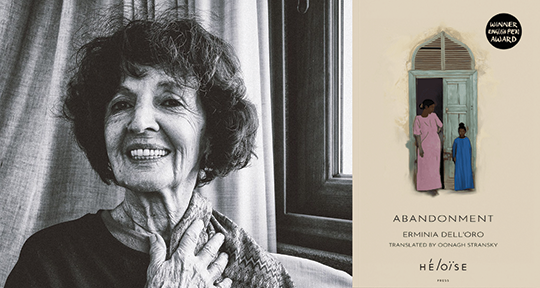
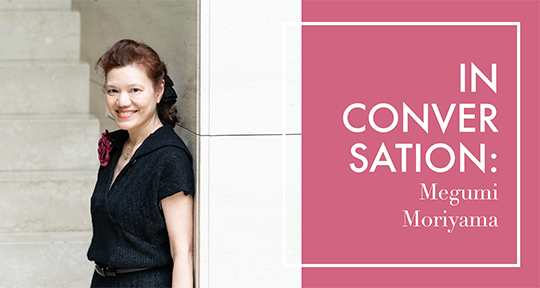
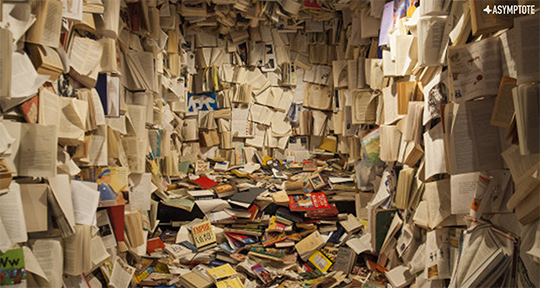
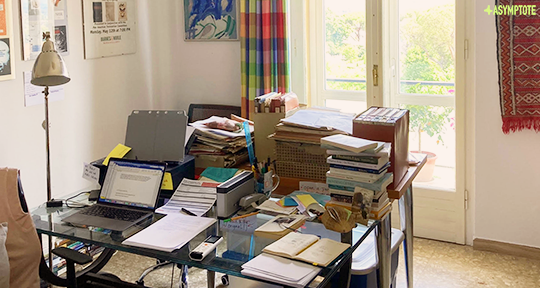
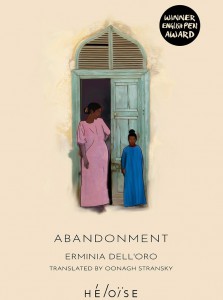
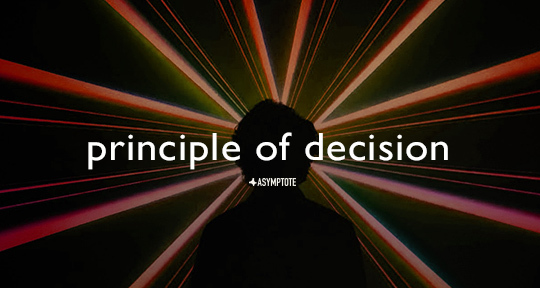

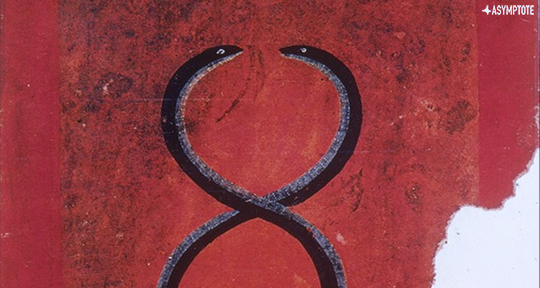
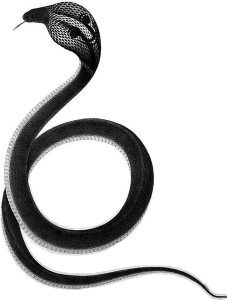
Blog Editors’ Highlights: Winter 2025
Reviewing the manifold interpretations and curiosities in our Winter 2025 issue.
In a new issue spanning thirty-two countries and twenty languages, the array of literary offers include textual experiments, ever-novel takes on the craft of translation, and profound works that relate to the present moment in both necessary and unexpected ways. Here, our blog editors point to the works that most moved them.
Introducing his translation of Franz Kafka’s The Trial in 2012, Breon Mitchell remarked that with every generation, there seems to be a need for a new translation of so-called classic works of literature. His iteration was radically adherent to the original manuscript of The Trial, which was diligently kept under lock and key until the mid-fifties; by then, it was discovered exactly to what extent Max Brod had rewritten and restructured the original looseleaf pages of Kafka’s original draft. It is clear from Mitchell’s note that he considers this edit, if not an offense to Kafka, an offense to the reader who has lost the opportunity to enact their own radical interpretation of the work: an interpretation that touched Mitchell so deeply, he then endeavored to recreate it for others.
In Asymptote’s Winter 2025 Issue, the (digital) pages are an array of surprising turns of phrase and intriguing structures—of literature that challenges what we believe to be literature, translations that challenge what we believe to be originality, and essays that challenge what we believe to be logic. I am always drawn to the latter: to criticism, and writing about writers. As such, this issue has been a treat.
With the hundredth anniversary of Kafka’s death just in the rearview and the hundredth anniversary of the publication of The Trial looming ever closer, the writer-turned-adjective has not escaped the interest of Asymptote contributors. Italian writer Giorgio Fontana, in Howard Curtis’s tight translation, holds a love for Kafka much like Breon Mitchell. In an excerpt from his book Kafka: A World of Truth, Fontana discusses how we, as readers, repossess the works of Kafka, molding them into something more simplistic or abstract than they are. In a convincing argument, he writes: “The defining characteristic of genius is . . . the possession of a secret that the poet has no ability to express.” READ MORE…
Contributors:- Bella Creel
, - Meghan Racklin
, - Xiao Yue Shan
; Languages: - French
, - German
, - Italian
, - Macedonian
, - Spanish
; Places: - Chile
, - France
, - Italy
, - Macedonia
, - Switzerland
, - Taiwan
, - Turkey
; Writers: - Agustín Fernández Mallo
, - Damion Searls
, - Elsa Gribinski
, - Giorgio Fontana
, - Lidija Dimkovska
, - Sedef Ecer
; Tags: - dystopian thinking
, - identity
, - interpretation
, - nationality
, - painting
, - political commentary
, - revolution
, - the Cypriot Question
, - the Macedonian Question
, - translation
, - visual art
, - Winter 2025 issue
, - world literature